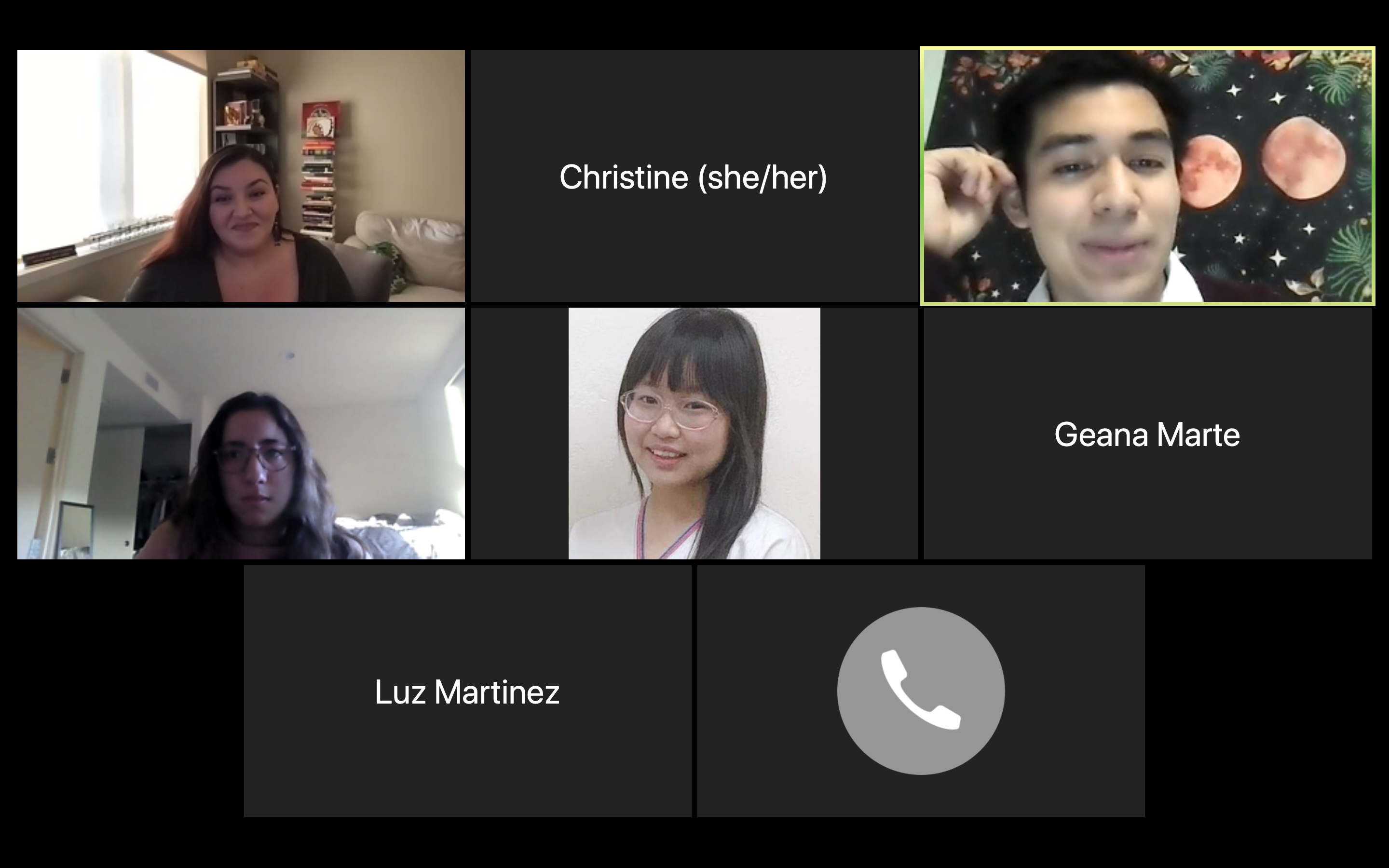When the first unidentified caller unmuted their microphone to scream profanities at a healthcare information session hosted by the First-Generation and/or Low-Income Partnership, guest speaker and Vaden Health Center student support specialist Maija Cruz ’12 recognized what was coming and said, “-Aand we’re getting Zoom-bombed.”
Twelve minutes into the info session, the initial audience of nine climbed to 28 as Zoom-bombers entered the chat and insulted the host and speakers. One unidentified participant turned on their camera and displayed a background with nude images while another shared their screen and broadcasted inappropriate images, according to an attendee. The unidentified participants shouted homophobic and racist slurs while playing “My Neck, My Back.”
The host of the event, Richard Coca ’22, ended the call, and FLIP representatives responded to the incident in an email to various mailing lists fifteen minutes later.
“We will be rescheduling this event due to Zoom-bombing,” FLIP representatives said in the statement. “We apologize to those who felt uncomfortable during our event. Moving forward, FLIP will ensure that all precautions are taken to guarantee the safety of our community.”
Zoom-bombings occur when users with access to a link infiltrate a Zoom call to disrupt or distract the meeting. At Stanford University’s People’s Caucus in May, a group of unknown participants insulted the candidates —10 of whom were people of color — with racist language. In September, a group of unknown callers joined a MATH 19 class and harassed the professor with racist and pornographic content.
Geane Marte ’24 was in that math class. An hour before the healthcare event started, she came across the promotional email and thought learning about healthcare and co-pays would be useful once on campus. Marte sat in the living room with her mother, who was watching television nearby when the Zoom-bombing occurred.
According to Marte, when her mother asked about the noise coming from her computer, her face flushed with anger and embarrassment as she explained it was another Zoom-bomb.
“[My mother] was upset that I was exposed to something like that twice in a place that was supposed to be safe; safe in a way that you don’t expect to be screamed at or called a derogatory term when you join a math class or healthcare event,” Marte said.
“It’s not their fault, but they feel like it’s their fault,” she added. “It makes me sad that people like that exist in this world. I felt bad for people who have to organize this type of stuff, especially when they don’t have Stanford emails or are not directly affiliated with Stanford. They can’t conduct their Zoom meetings or protect their privacy.”
According to Marte, a handful of people returned to the original Zoom link where Cruz, one of two speakers, persisted with trying to answer questions and share information about health insurance. but most people still felt discombobulated from the earlier events. Cruz declined to comment on the situation but stated in an email to The Daily that she plans to file an Act of Intolerance form with the University and encourages other people who attended the event to do the same.
According to Coca, FLIP plans to recalibrate for the rescheduled event. “I think we were hoping to get a lot of questions answered around Cardinal Care and well-being resources on campus, and hopefully we’ll be able to do so later in the quarter once we reschedule,” Coca said. “We’re also hoping we can do this with greater security on our end to prevent such an incident from happening again.”
Coca mentioned plans to move to a webinar format and monitor mailing lists in the future. “Non-affiliates [can] subscribe to them and potentially find links that way.”
Luz Martinez ’22 was listening to the call by phone when she saw someone message “we stole your land” into the chat. Martinez identifies as Native American.
“How heartless do you have to be to keep reminding us that this happened when we’re reminded every single day?” she asked.
“I understand why they had to stop the meeting, because of the chaos. I wish that there could’ve been another way of stopping it, like not letting them share or muting them or taking them out of the meeting,” she said. “Just to show them that they can’t come here and disrupt and silence us.”
Contact Christine Delianne at delianne ‘at’ stanford.edu
